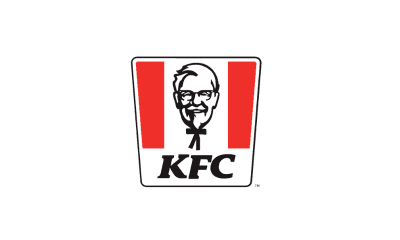FaceUp is a must for companies with multiple locations. It makes gathering employee feedback efficient and anonymous, even across different countries.

Thomas Rodny
HR Director, Sportisimo
Create as many channels as you need (reporting forms, telephone lines), then adjust as you wish.
A complete report overview, labeled and prioritized, with internal feedback and analytic statistics.
Build your organizational structure, control permissions, automate responses, and manage communications seamlessly.








